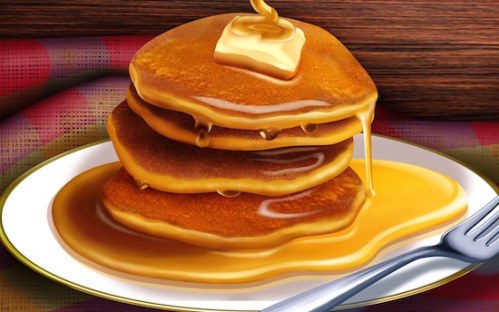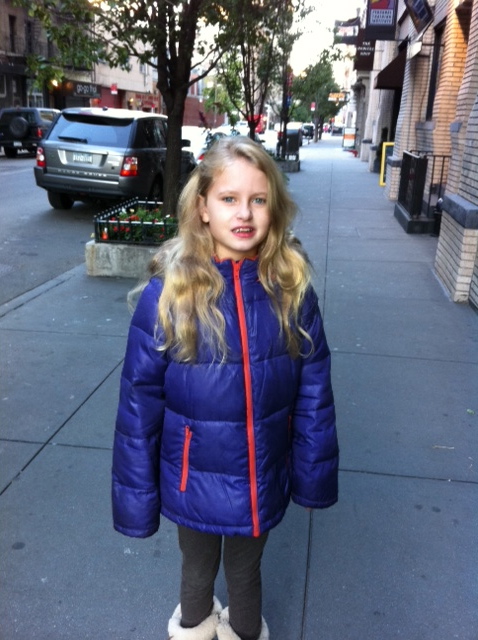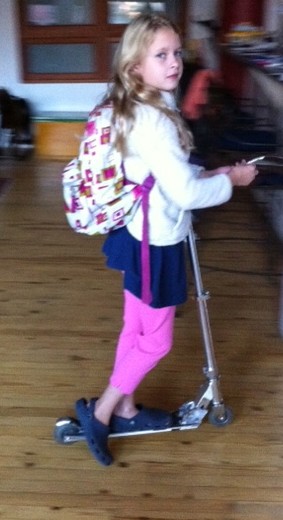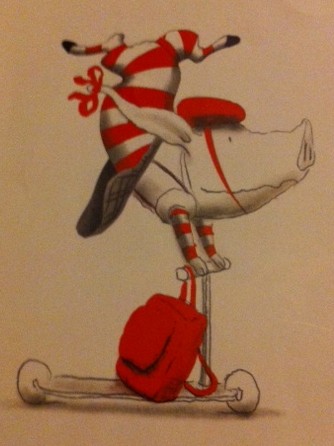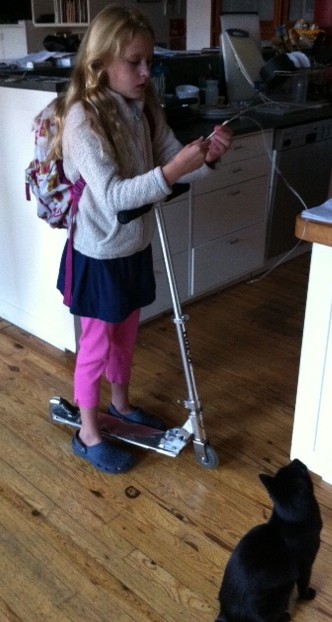This morning I asked Emma, “Hey Em. Come over here and help me pack your lunch.”
“Okay, okay, okay,” she said while running over to the open frig. “Hmmm… let’s see,” she said, peering into the refrigerator as though she was contemplating the delicious short ribs with coconut rice, Ceci made for us the other day or maybe the sliced turkey, to make a sandwich. (Emma doesn’t eat meat, not because she’s a vegetarian, though she is, or because of some political or ethical statement, but because in her rigidity she only eats about seven different foods, which made this scene all the more comical. After a pause she reached for her old stand-by, caramel yogurt and soy pudding. “Caramel yogurt,” she said, as though this were something new that she just thought she might try for a change, dropping it into the bag I held open for her. “Soy pudding,” she added. This is what Emma has for lunch every single day, unless the store has run out or we haven’t had time to get to the store to replenish her stock.
“Do you want any cheese?” I asked, despite the fact the cheese usually comes home in her back pack and when it doesn’t I imagine she’s opened the red wrapping, taken off the wax and then thrown everything away. None of us have actually seen her eat the cheese in a long time, so I was surprised when she answered, “Yes. Cheese.” It may be that Emma is so used to having the cheese, it’s no longer a matter of wanting to actually eat it as much as it’s been going into her lunch every day for so long, she feels it should be there, whether she wants to eat it or not is beside the point.
“How about some grapes?” I opened the drawer with fruit in it.
“Yes, yes, grapes,” Emma grabbed the bag and tossed it on the counter. “And…” she paused, looked around, “How about some pirate’s booty?”
“Do you want one bag or two?”
“Two?” Emma said in that questioning way of hers. “There,” she said, as she watched me add two bags of Pirate’s Booty to her lunch. “Now we have to get dressed,” she reminded me.
“Okay Em. What do you want to wear to school today?” I opened her closet.
“No, no, no, no! This one!” she said, grabbing hold of one of two party dresses she has.
“Oh that’s a pretty dress!” I pulled it off the hanger for her and handed it to her. “Do you want the flouncy under skirt that makes it poofy?”
“No, no!” Emma laughed, as though this question was altogether too ridiculous to contemplate.
Emma wearing her pretty dress this morning.
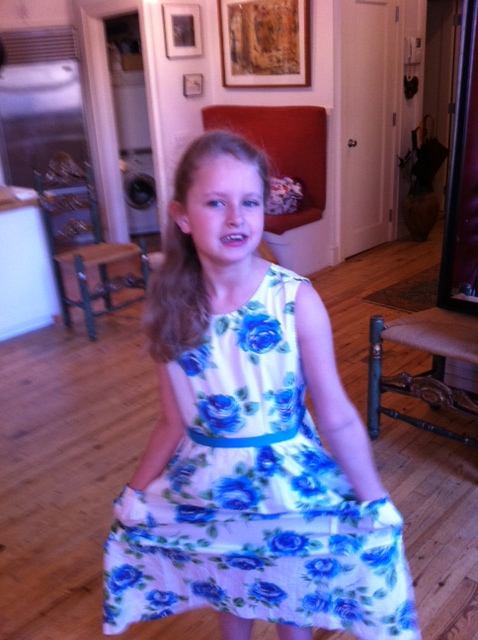
Emma looked at herself in the mirror. “Wow! You’re so pretty!” Emma said, twirling around.
For more on Emma’s journey through a childhood of autism from Richard’s perspective, go to: www.EmmasHopeBook.com

